
What if there’s another you, living a life just one choice away from yours? The concept of parallel universes isn’t just a wild idea—it’s a potential reality that could change everything we know. Imagine the thrill of knowing that every decision you make could be creating an entirely new world, just waiting to be explored.
Are Parallel Universes Real?
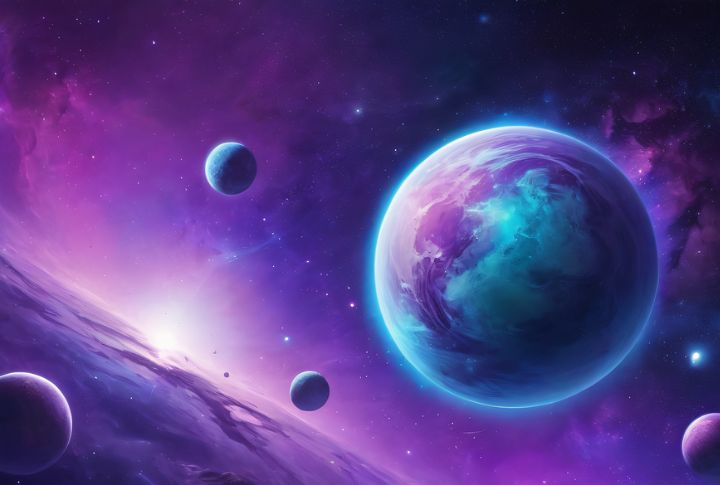
Parallel universes are no longer just the stuff of sci-fi—they’re a serious scientific debate. Some physicists argue our universe might be one among many, each with its own reality. Imagine a world where every decision creates a new universe—a concept both thrilling and mind-bending.
Source: The New York Times
What Are the Theories Behind Parallel Universes?
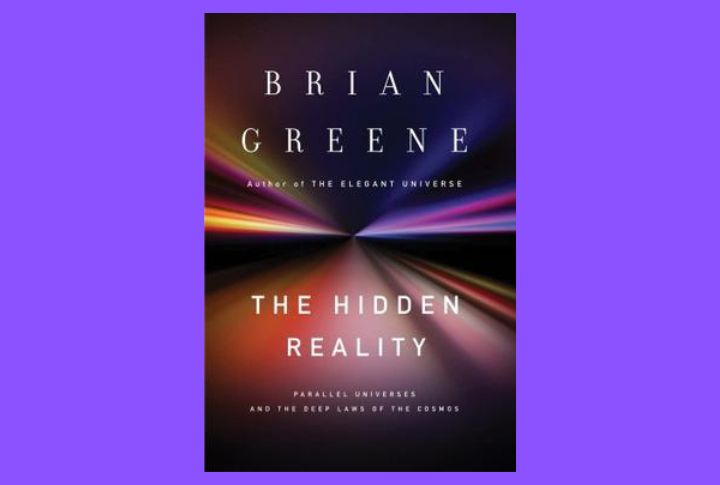
Theories like the multiverse and quantum mechanics suggest parallel universes might exist. The multiverse theory compares our universe to a bubble in an endless cosmic foam, while quantum mechanics proposes realities where every possible event occurs.
Source: HowStuffWorks
How Does Quantum Mechanics Support Parallel Universes?
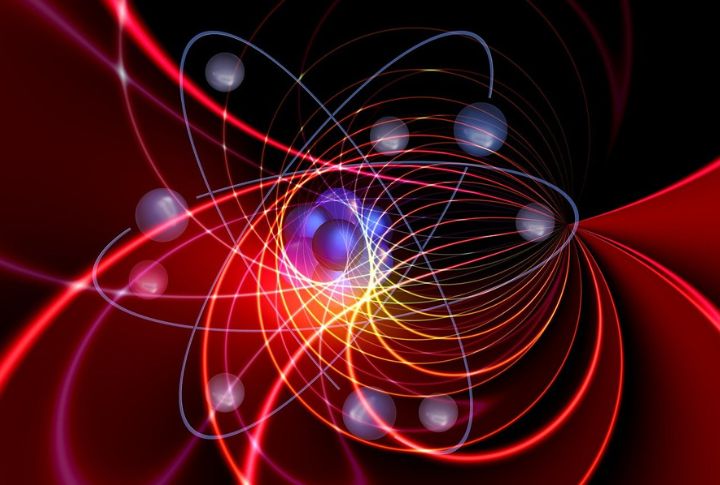
Quantum mechanics, with its concept of superposition, suggests that particles can exist in multiple states simultaneously. This implies that every quantum event could generate a new universe, leading to a vast, complex web of parallel realities where every possibility is played out.
Source: NPR
What Role Does the Multiverse Theory Play?
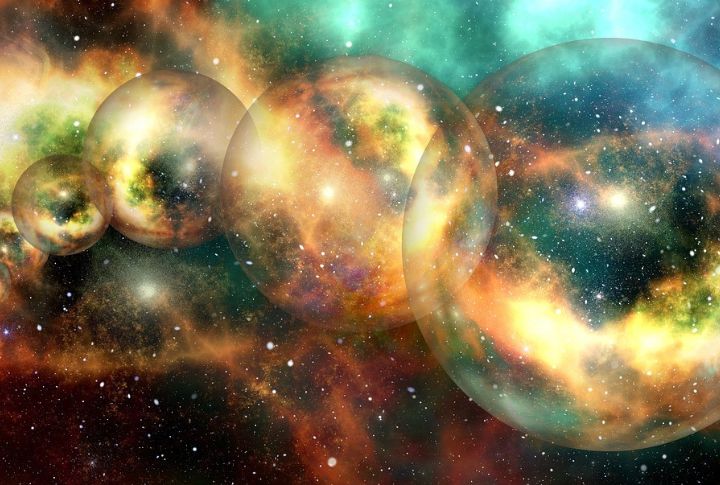
The multiverse theory proposes that our universe is part of an enormous cosmic ensemble. Each universe within this multiverse might have its own unique physical laws, challenging the conventional idea that there is only one universe and opening new doors in our understanding of reality.
Source: Scientific American
How Do String Theories Relate to Parallel Universes?
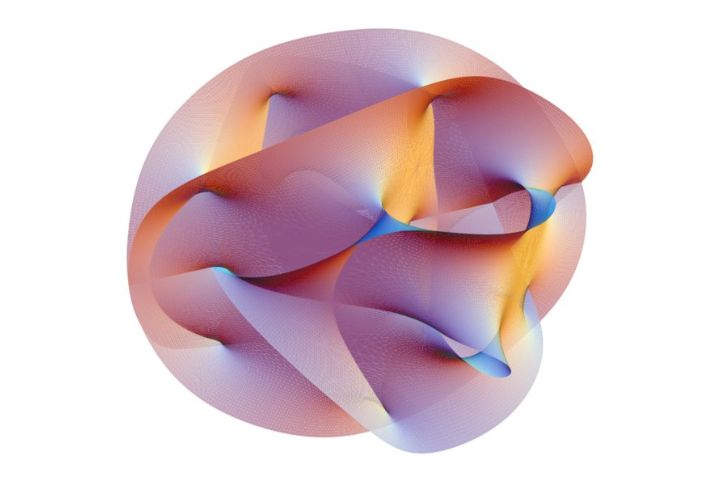
String theory, which suggests that particles are actually tiny vibrating strings, supports the concept of parallel universes. It proposes the existence of extra dimensions beyond the three we know, where entire universes with different physical laws could exist, altering our view of the cosmos.
Source: HowStuffWorks
Can Parallel Universes Explain Our Own Universe’s Oddities?
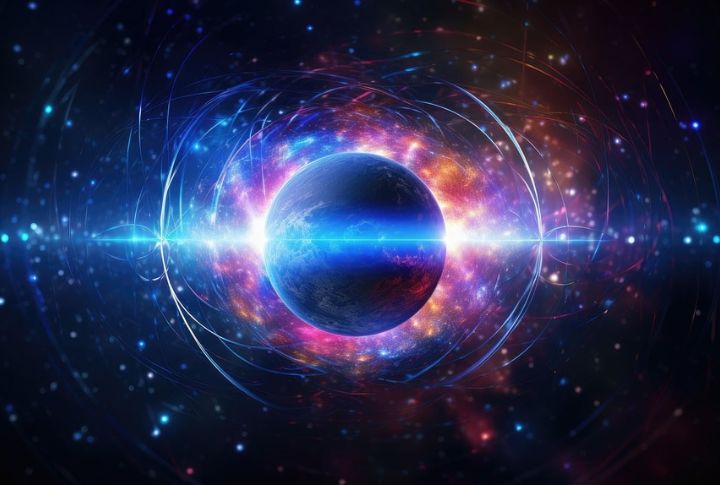
Some scientists believe that strange phenomena in our universe could be explained by interactions with parallel universes. For example, mysterious cosmic events or the elusive nature of dark matter might be influenced by forces or conditions in neighboring universes with different properties.
Source: Scientific American
How Do Scientists Search for Evidence of Parallel Universes?

Researchers employ various methods to hunt for parallel universes, such as examining cosmic microwave background radiation and studying gravitational waves. Although finding concrete evidence is challenging, these scientific endeavors could eventually reveal clues about the existence of alternate realities.
Source: NPR
What Are the Implications of Parallel Universes on Free Will?
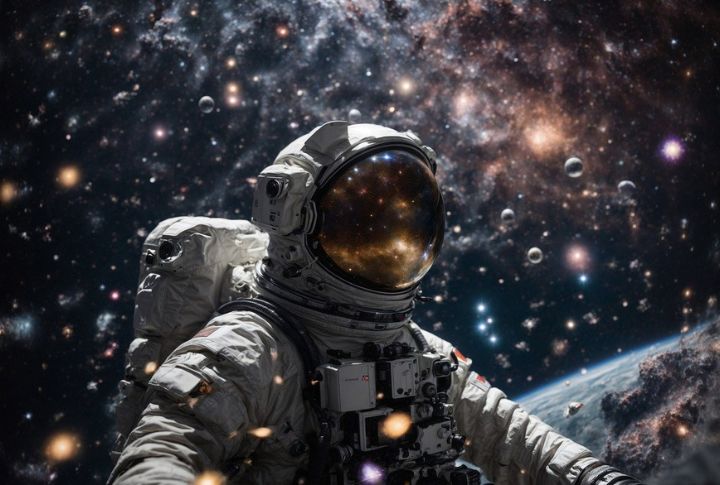
If parallel universes exist, they pose intriguing questions about free will. If every choice spawns a new universe, it suggests that all possible outcomes are realized somewhere. This idea could fundamentally alter our understanding of free will and the nature of choice.
Source: The New York Times
How Do Parallel Universes Affect Our Understanding of Time?

Parallel universes could radically change our perception of time. If every decision creates a new universe, time might be better visualized as a branching tree with countless timelines existing simultaneously. This challenges our traditional linear view of time’s progression.
Source: HowStuffWorks
What Are the Philosophical Implications of Parallel Universes?

The concept of parallel universes invites deep philosophical exploration. If multiple versions of ourselves exist in alternate realities, it challenges our notions of identity, choice, and reality itself, making us question what it truly means to exist in this vast multiverse.
Source: Scientific American
Can Parallel Universes Be Proven or Tested Scientifically?
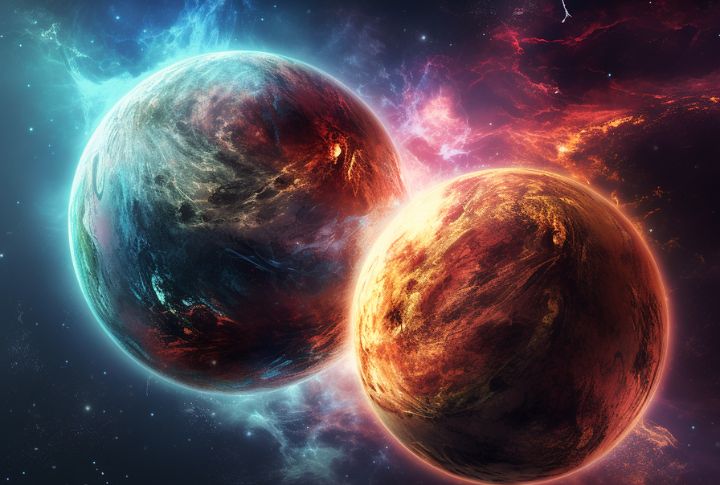
Proving parallel universes is a daunting task. Some theories suggest experimental approaches, like detecting potential universe collisions or gravitational anomalies, but confirming their existence remains one of the greatest challenges in scientific research today.
Source: NPR
How Do Parallel Universes Influence Popular Culture?
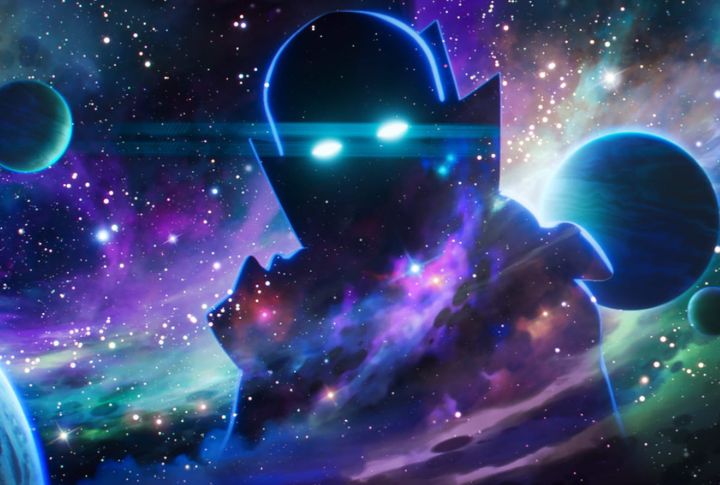
Parallel universes have captivated popular culture, influencing everything from movies to literature. They provide a rich canvas for exploring alternate realities and “what if” scenarios, offering endless possibilities for storytelling that resonate with audiences across the globe.
Source: The New York Times
What Are the Main Challenges in Studying Parallel Universes?
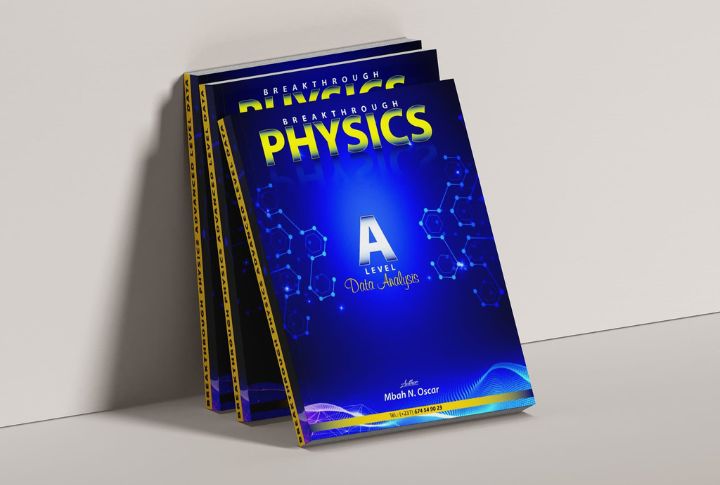
Studying parallel universes is fraught with challenges, including the absence of direct evidence and the complexity of creating reliable experiments. These theoretical models require an advanced understanding of physics, making the research both fascinating and incredibly demanding.
Source: Scientific American
What Are Some Popular Examples of Parallel Universes in Fiction?

Parallel universes are a staple in fiction, offering creative takes on alternate realities. For instance, “The Man in the High Castle” imagines a world where the Axis powers won WWII, while “Harry Potter” explores magical dimensions, each providing a unique narrative twist on parallel worlds.
Source: HowStuffWorks
What Would Be the Impact of Confirming Parallel Universes?
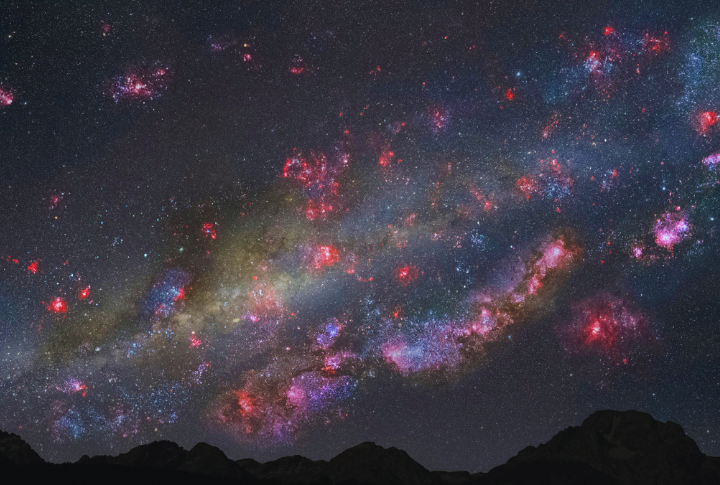
If parallel universes were confirmed, it would revolutionize our understanding of reality. Such a discovery would challenge fundamental scientific theories, expand our concept of existence, and potentially open new realms of exploration, altering the course of physics and cosmology forever.
Source: The New York Times

